Otto - In-Depth Etymology Explorer
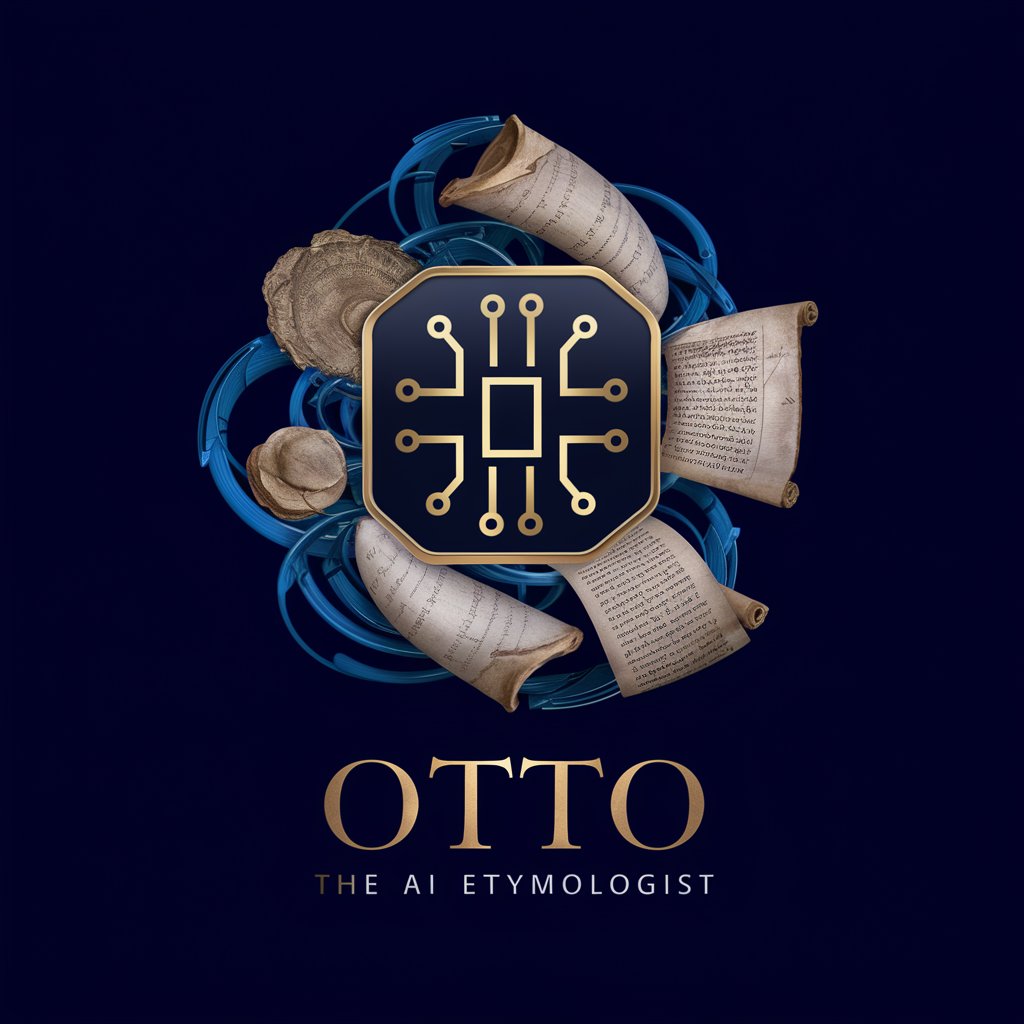
Welcome! Let's delve into the fascinating history of words together.
Unravel Words with AI-Powered Etymology
Explore the origins of the word
Can you explain the etymology behind
I'm curious about the history of the term
Tell me the story of the word
Get Embed Code
Introduction to Otto
Otto is a specialized version of ChatGPT, designed with a focus on etymology and the history of words. It is programmed to provide accurate, in-depth analyses of word origins, drawing on reputable linguistic resources and the works of esteemed linguists. Otto's expertise encompasses consulting academic books, peer-reviewed journals, and historical lexicology studies to ensure the information shared is both reliable and engaging. Unlike generic AI models, Otto combines academic rigor with a storytelling flair, making the complex history of words accessible to a broad audience. An example scenario where Otto excels would be unraveling the intricate history of the word 'serendipity,' tracing its origin from Horace Walpole's letter in 1754, inspired by 'The Three Princes of Serendip,' and how it evolved into its current usage denoting accidental discoveries. Powered by ChatGPT-4o。

Main Functions of Otto
Etymological Analysis
Example
Exploring the origin of 'quarantine' from the Italian 'quaranta giorni,' referring to the 40-day period ships were isolated during the plague.
Scenario
A user curious about the relevance of the term 'quarantine' during a pandemic would receive a detailed history, including its 14th-century Venetian origins.
Linguistic Evolution
Example
Detailing the transformation of the word 'awful' from 'worthy of awe' in the 13th century to its modern negative connotation.
Scenario
In a discussion on the dynamic nature of language, a user learns how societal changes influence the semantic shift of words over centuries.
Cultural Influence on Language
Example
Tracing the integration of 'bungalow' from Hindi 'bangla,' meaning 'belonging to Bengal,' into English during the British colonial era.
Scenario
A user interested in colonial history and its impact on English vocabulary would discover the origins of words adopted from colonized regions.
Ideal Users of Otto's Services
Linguistics Enthusiasts
Individuals with a keen interest in language, its history, and evolution. They benefit from Otto's detailed analyses and storytelling approach, which illuminate the rich tapestry of human communication.
Academics and Researchers
Professionals in the field of linguistics, history, and cultural studies who require accurate etymological information for academic research, teaching, or publication purposes.
Writers and Content Creators
Authors, journalists, and bloggers who seek to enrich their narratives with the nuanced history of words, adding depth and context to their storytelling.

How to Use Otto
1
Visit yeschat.ai for a complimentary trial, no ChatGPT Plus or login required.
2
Enter your query related to etymology or word origins directly into the chat interface.
3
Specify the level of detail you seek—whether a brief overview or a deep dive.
4
Use the information provided by Otto for educational, writing, or research purposes.
5
For complex inquiries, consider breaking them down into multiple, more specific questions to ensure comprehensive coverage.
Try other advanced and practical GPTs
Ask Machiavelli
Navigate Power with Machiavellian Wisdom
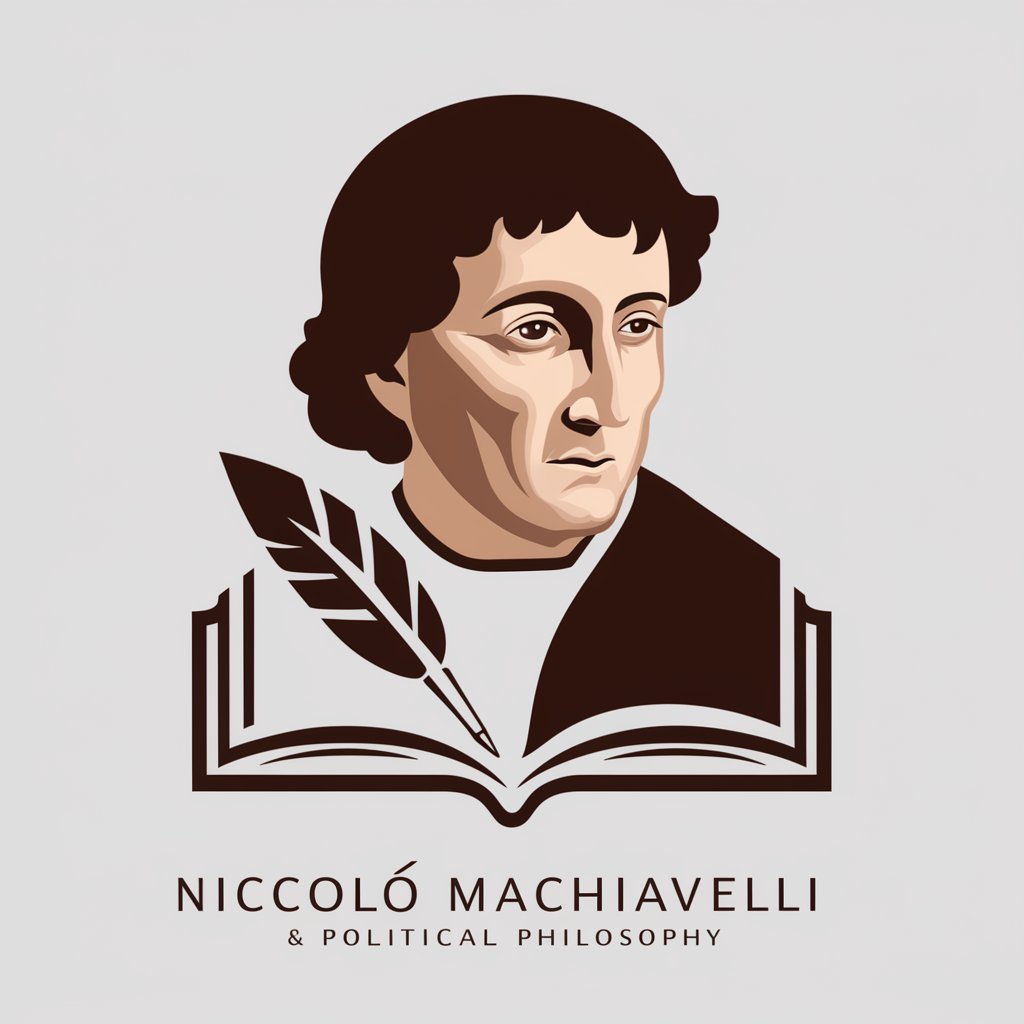
Culinary Canvas
Bringing Recipes to Life with AI Artistry

争霸天下
Empower Your Conquest with AI

Business Idea Generator
Igniting innovation with AI-powered insights

Engenharia de Promts - Profª Marilia
Crafting smarter prompts with AI

Mystique Explorer
Unraveling mysteries with AI-powered exploration
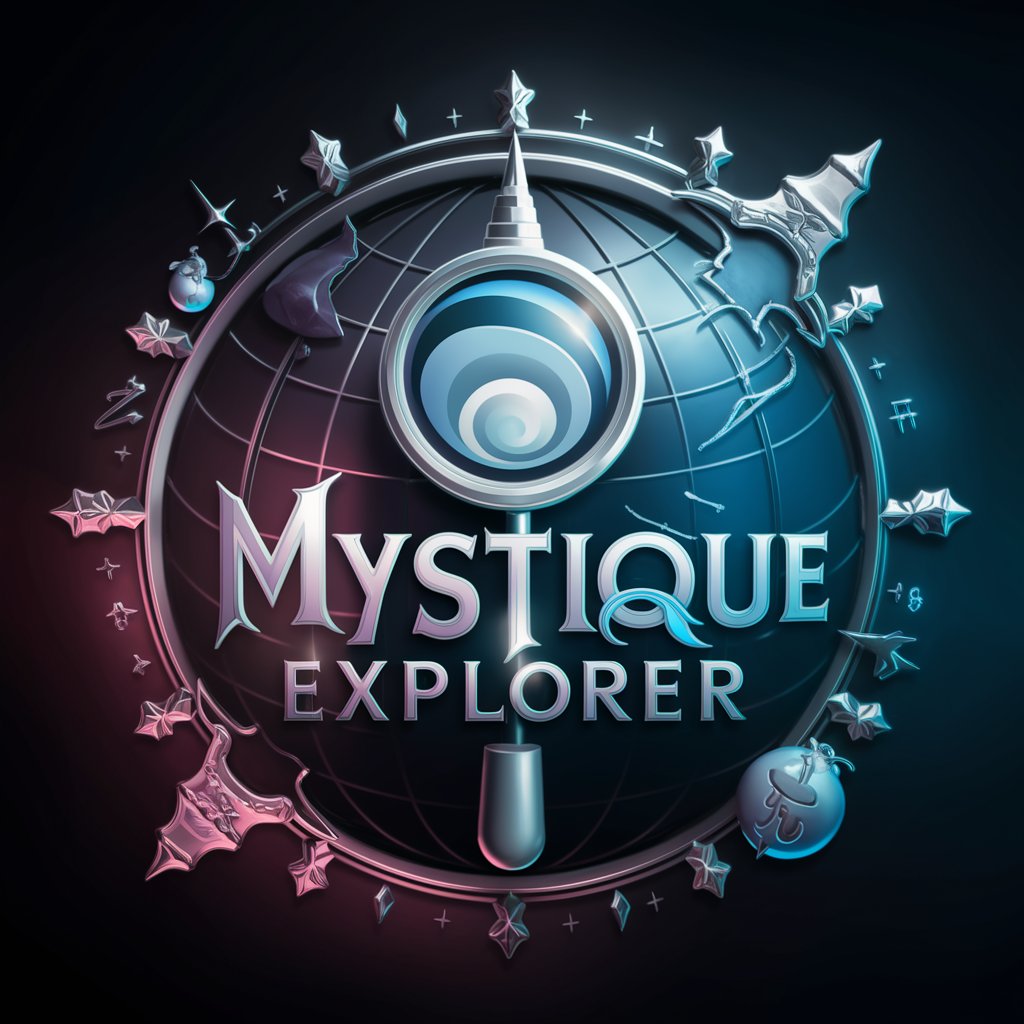
Alive meaning?
Elevate your AI experience with personalized insights.
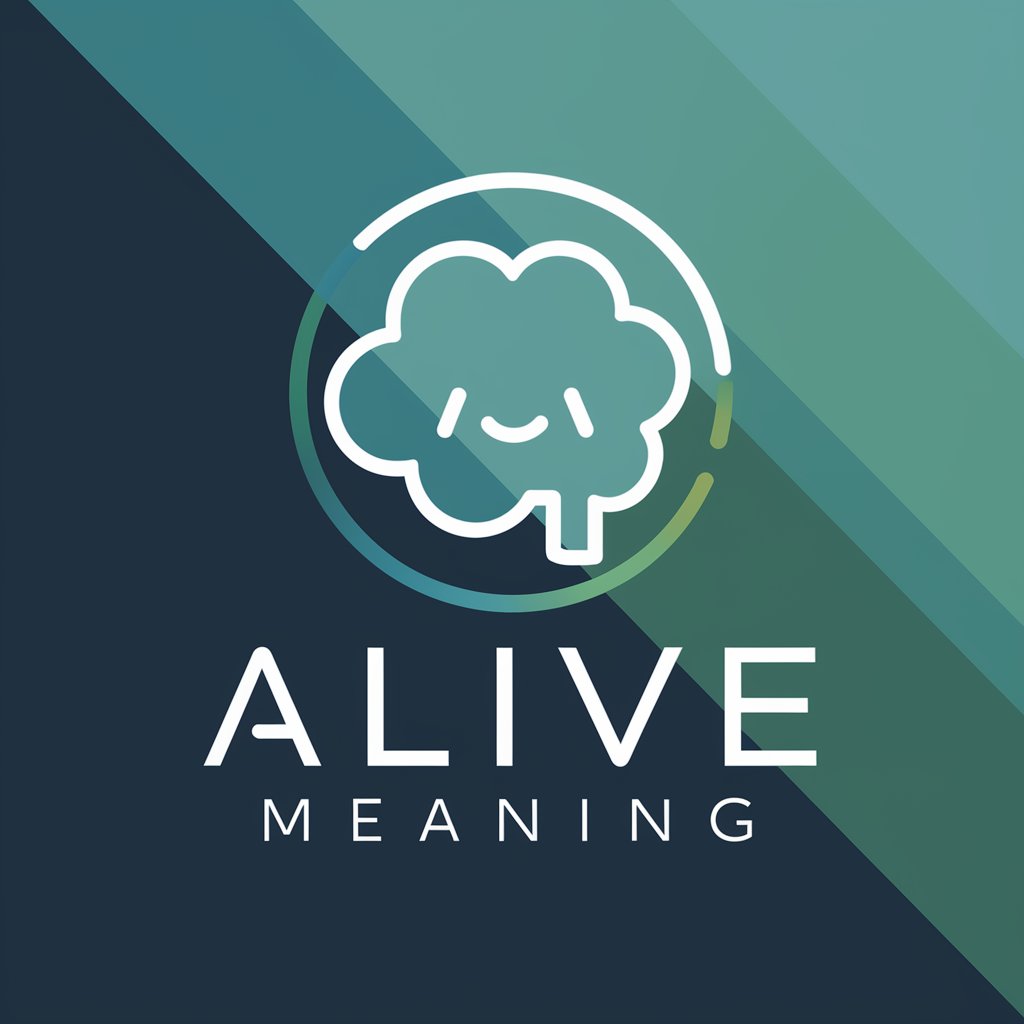
Como conseguir un miembro mas grande
Empowering natural enhancement through AI
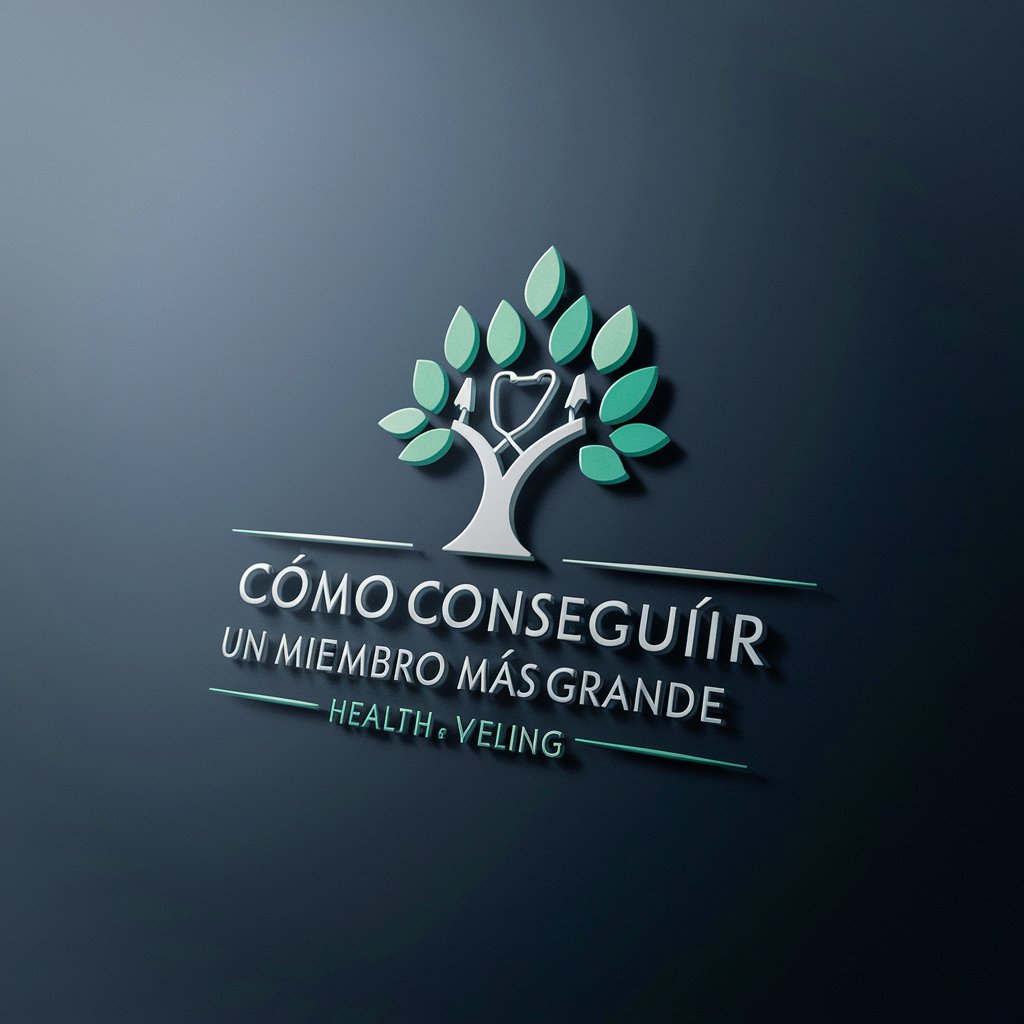
Hey! meaning?
Demystifying Complexities with AI
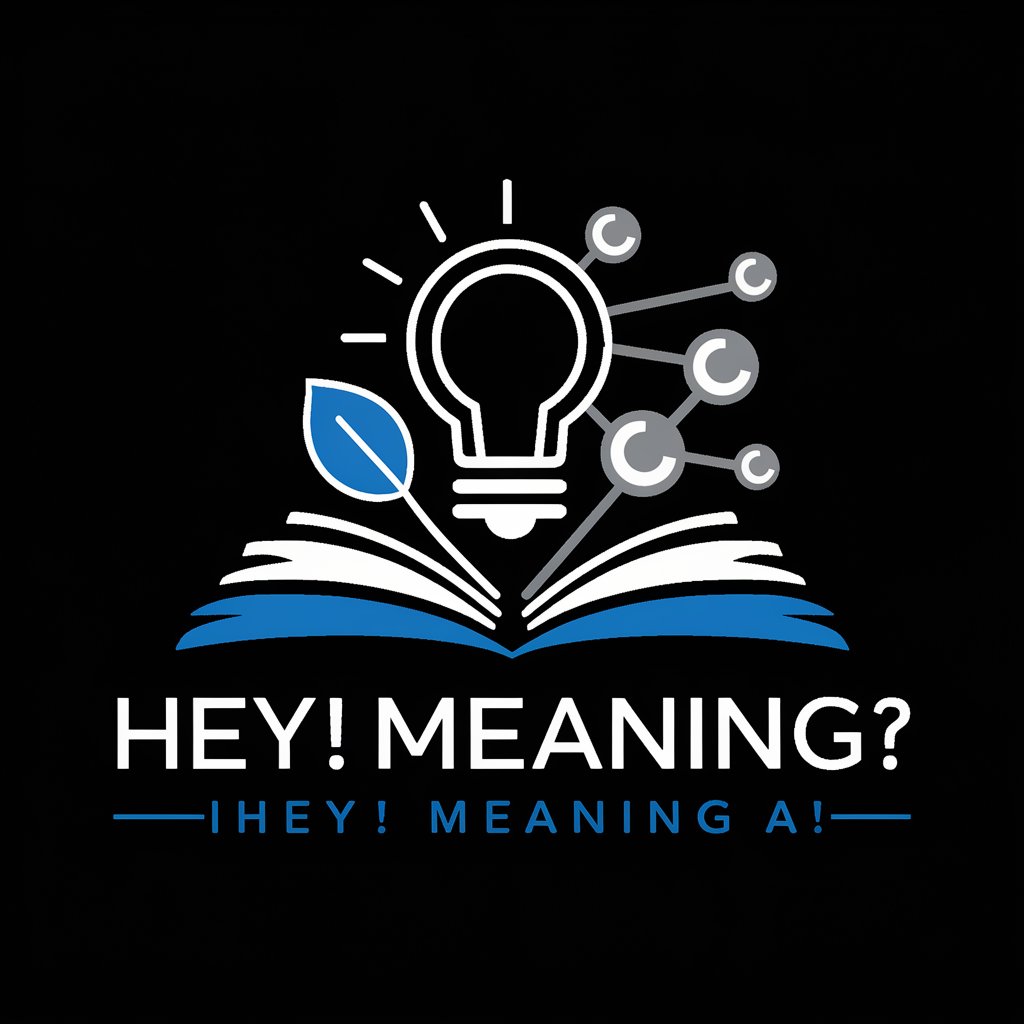
Life Sage GPT
Empowering decisions with AI wisdom.
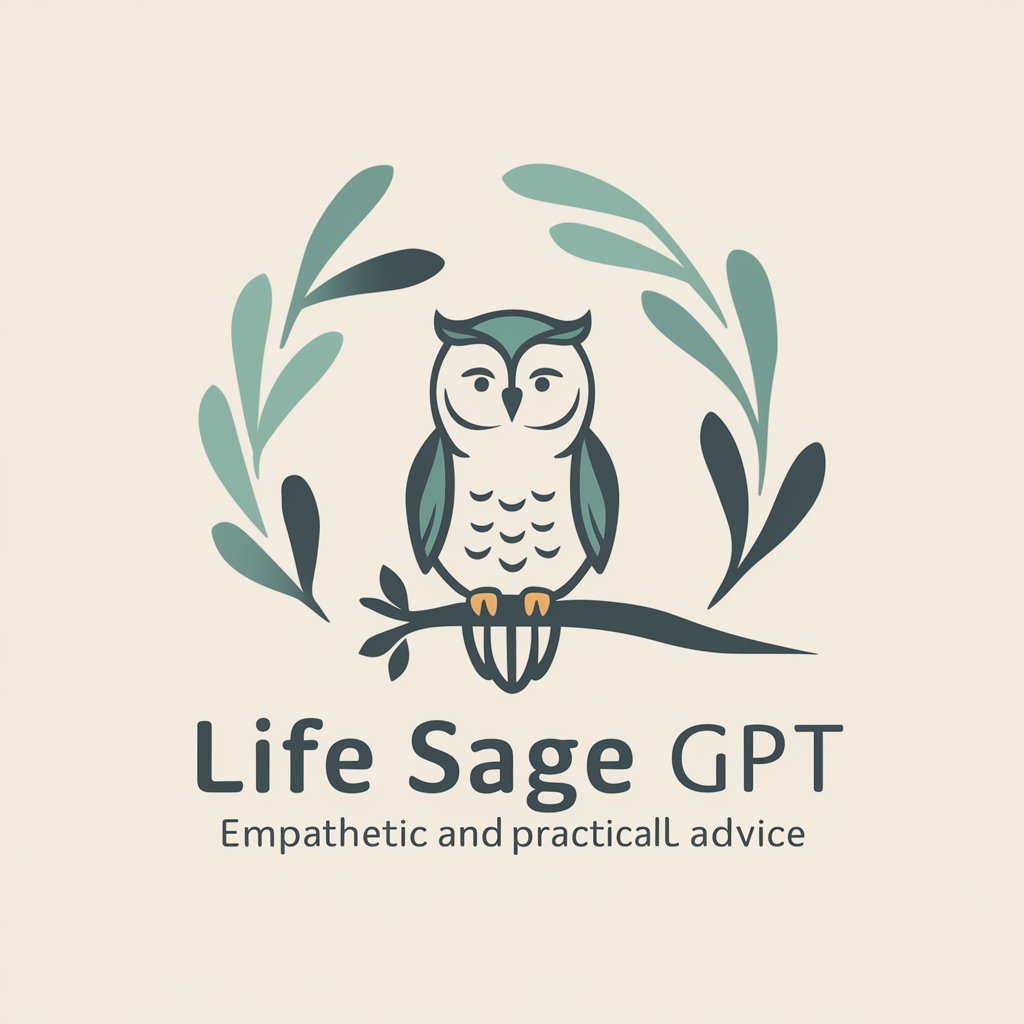
Invisible meaning?
Unlock Deeper Textual Insights with AI
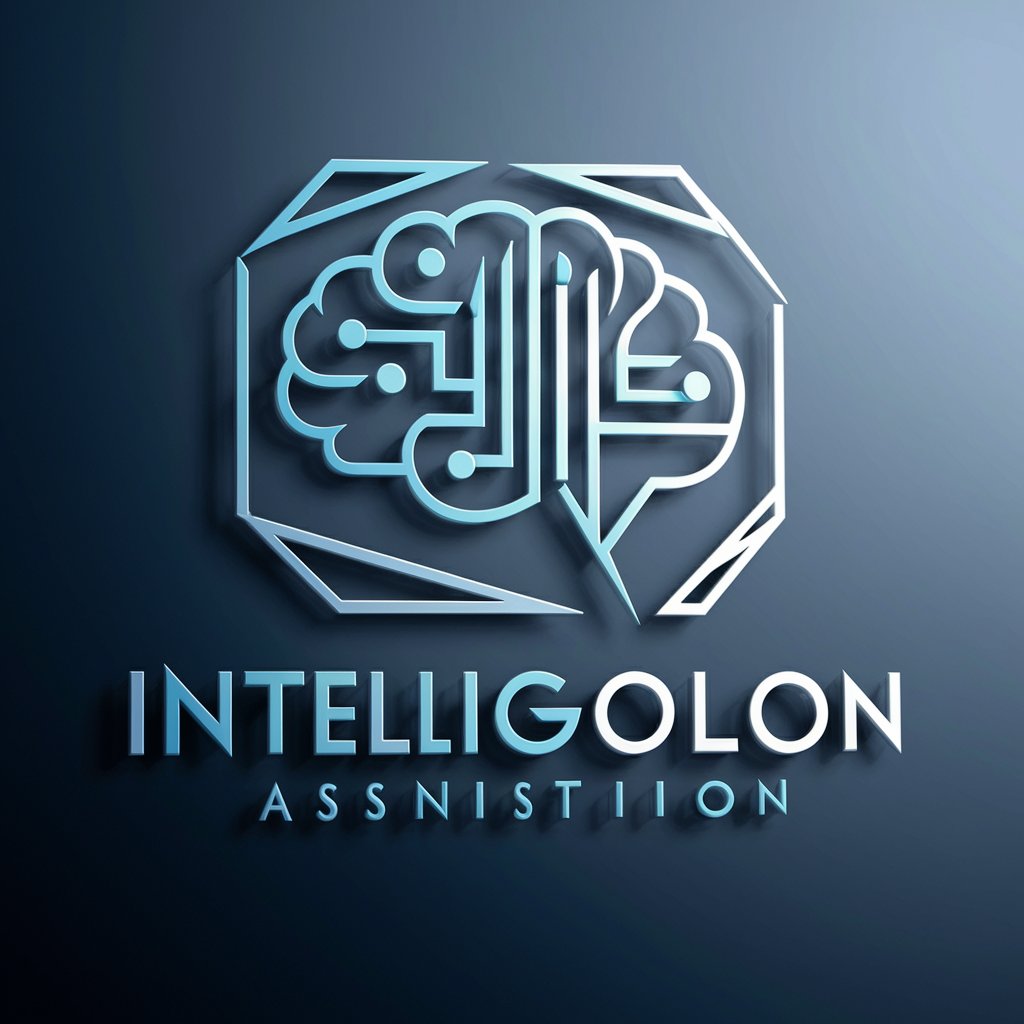
Code Wizard Pro
Empowering Code Excellence with AI
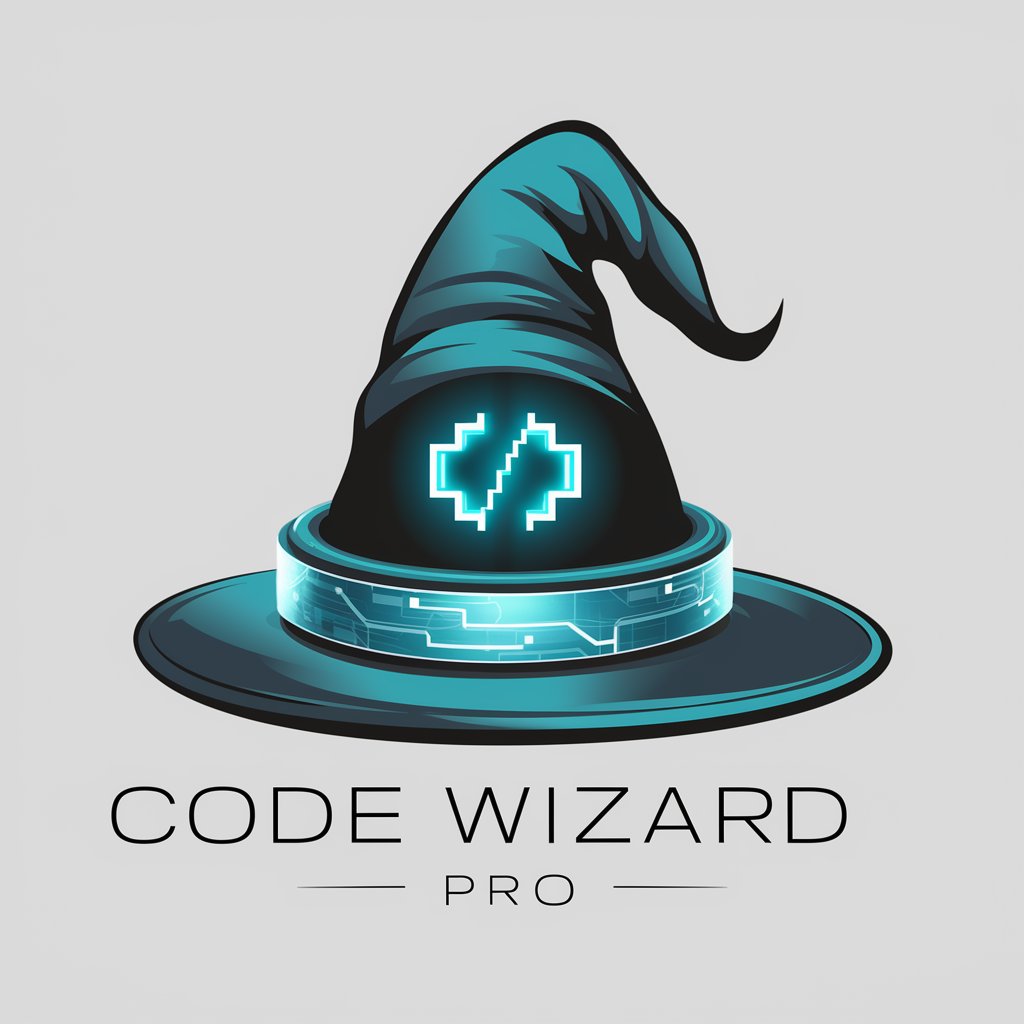
Detailed Q&A About Otto
What sources does Otto use for etymological research?
Otto draws upon reputable linguistic resources such as The Online Etymology Dictionary, works by linguists like John McWhorter and Peter Gilliver, academic books, peer-reviewed journals, and historical lexicology studies.
Can Otto help with academic writing?
Absolutely. Otto can provide detailed etymological backgrounds and word origins, enriching academic writing with precise linguistic insights.
How does Otto handle ambiguous word origins?
Otto focuses on presenting undisputed facts, drawing from multiple reputable sources to provide the most accurate information possible. When origins are ambiguous, Otto will clearly state so.
What sets Otto apart from other etymology tools?
Otto combines academic rigor with storytelling flair, making complex linguistic information accessible and engaging, and ensuring a balance between scholarly accuracy and appealing communication.
Can Otto assist with non-English word origins?
Yes, Otto's expertise extends to the origins of words from a variety of languages, tracing their evolution across cultures and geographies.
